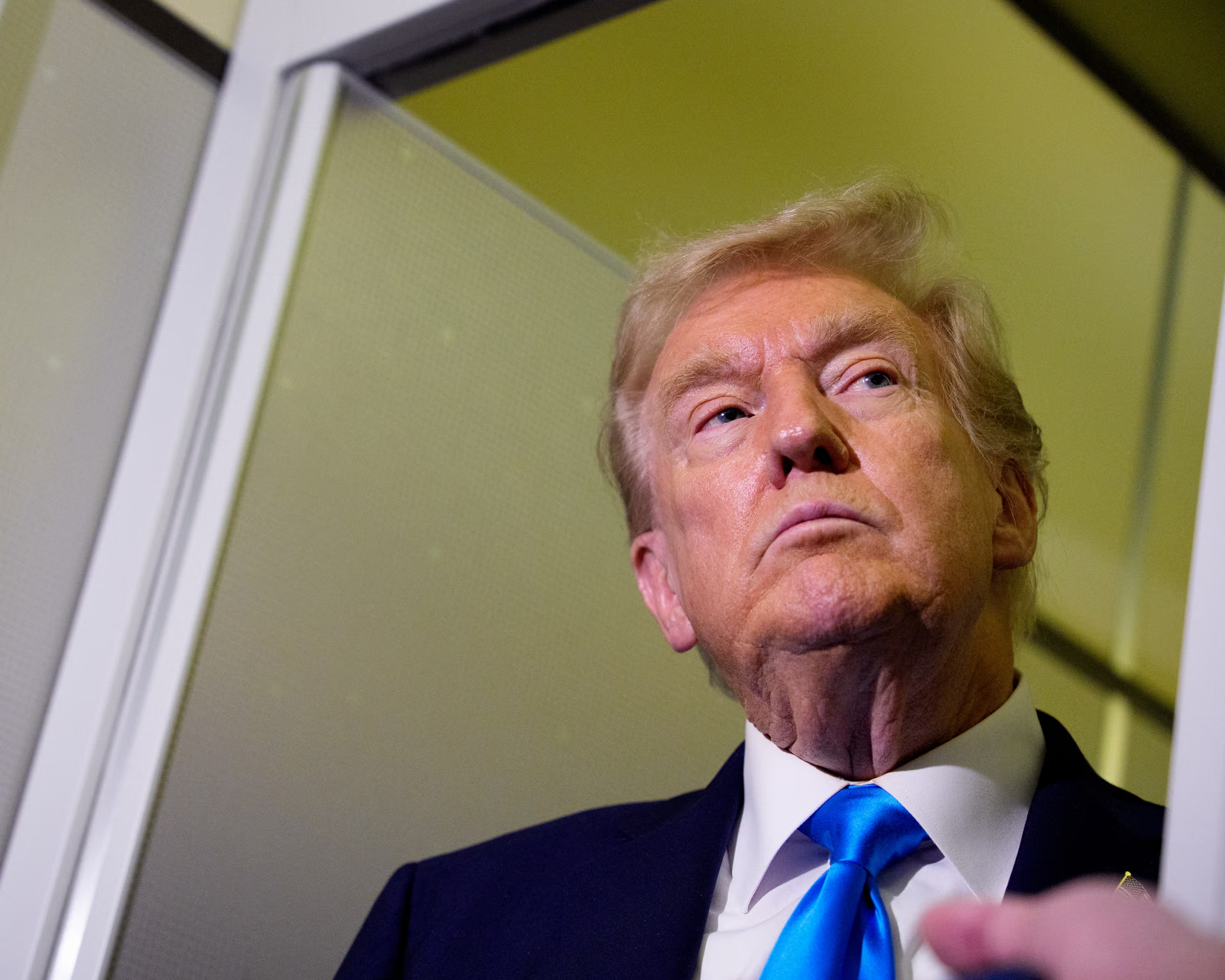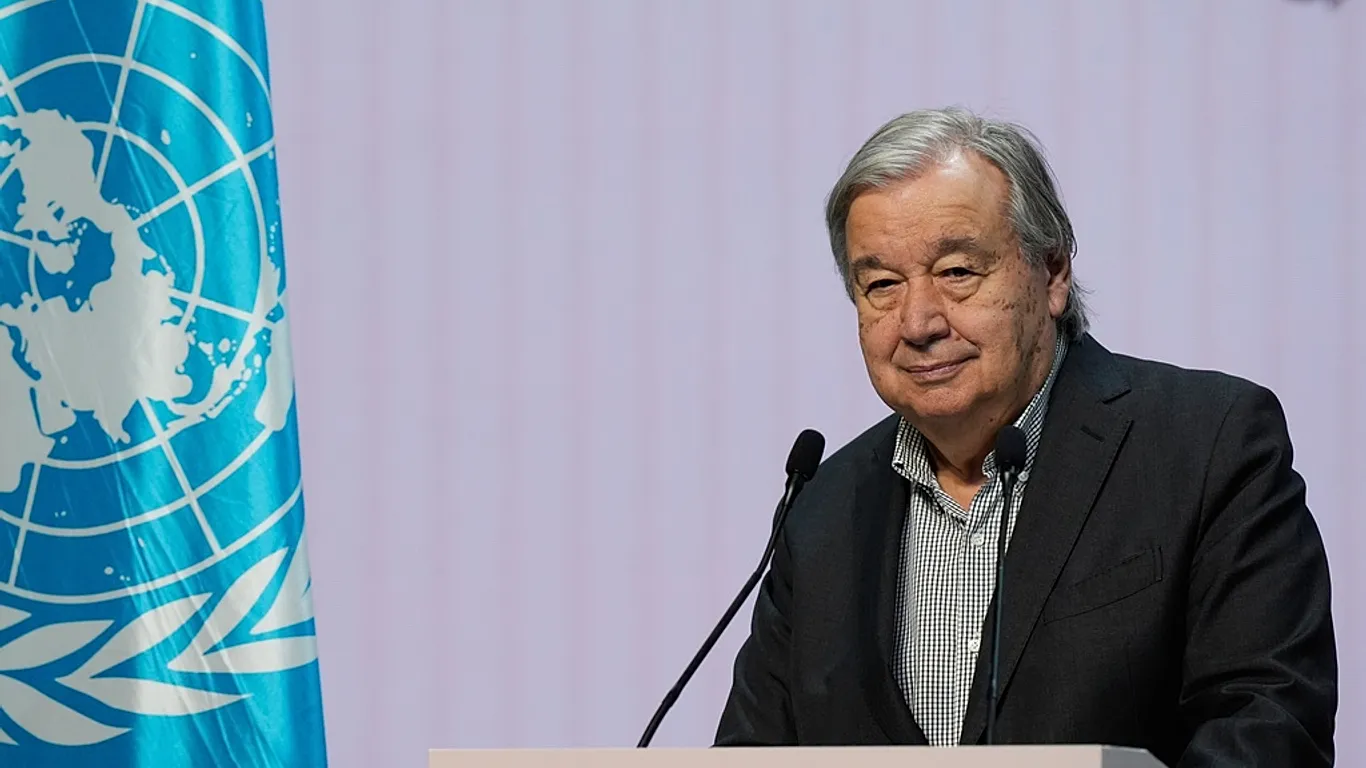President Donald Trump announced on Saturday that he is increasing US tariffs on Canada by 10%, responding to an anti-tariff advertisement sponsored by the Ontario government. The move adds tension to one of the world’s largest trading partnerships.
The statement, shared on Trump’s Truth Social account, follows days of public disputes over the ad, which used excerpts from a 1987 speech by former President Ronald Reagan supporting free trade. Trump described the ad as a “fraud” and accused Canada of attempting to manipulate US court decisions on tariffs.
“Because of their serious misrepresentation of the facts, and hostile act, I am increasing the Tariff on Canada by 10% over and above what they are paying now,” Trump wrote. He added that the ad’s “sole purpose” was Canada’s hope that the US Supreme Court would intervene on tariffs they had allegedly used to harm the United States.
Trump further stated that the new tariff allows the US to defend itself against “high and overbearing Canadian Tariffs (and those from the rest of the World as well!).”
Ontario Premier Doug Ford announced that the province will suspend its US ad campaign starting Monday, following consultations with Canadian Prime Minister Mark Carney, in a bid to restart trade negotiations.
The controversial ad used Reagan’s 1987 remarks: “trade barriers hurt every American worker.” The Reagan Presidential Foundation confirmed that Ontario did not seek permission to use the clips. The foundation said the ad employed “selective audio and video” that misrepresented Reagan’s comments and is reviewing legal options. Trump cited this as part of his rationale for the tariff increase.
Trump’s decision comes after he signed an executive order in July that raised US tariffs on Canadian imports from 25% to 35%. He also terminated ongoing trade talks with Canada, stating on social media that the country had “fraudulently used an advertisemen[t]” and called it “FAKE.”
Candace Laing, president of the Canadian Chamber of Commerce, responded that tariffs act as a tax on American consumers and reduce North American competitiveness. She urged a diplomatic resolution, emphasizing that the Canada–United States–Mexico Agreement (CUSMA) is essential for supporting businesses in both countries.
The escalation underscores rising tensions in North American trade relations. With both sides signaling strong stances, economists warn that higher tariffs could disrupt supply chains, increase costs for manufacturers, and affect consumer prices in both countries.
The dispute highlights how political messaging and media campaigns can directly influence trade policy. Analysts note that the use of a former president’s legacy in a contentious ad is rare and demonstrates the sensitivity of US-Canada trade dynamics under the current administration.
As Ottawa suspends its ad campaign, attention now turns to whether diplomatic channels can de-escalate tensions or if further tariff increases are possible. The unfolding developments will likely shape trade and economic interactions across North America in the months ahead.







